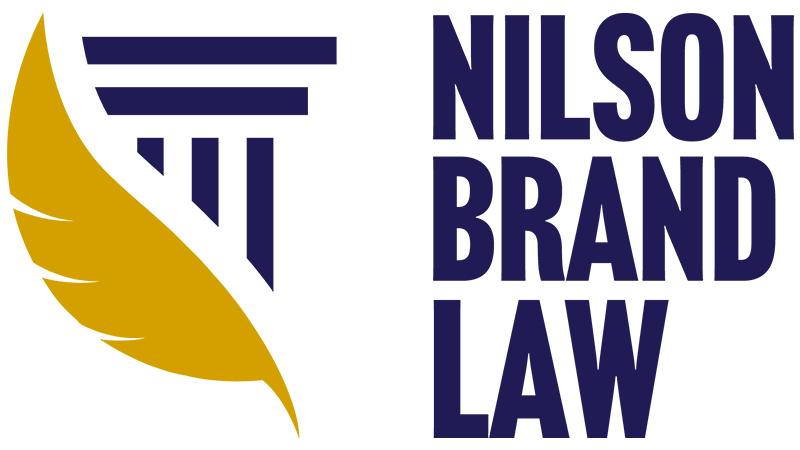When a loved one passes away, it is often a sad and stressful time. Not only is the family dealing with the grief of loss, it must also contend with the deceased’s property and bills. Often, the next step is to start the probate process. There is a great deal of confusion surrounding the probate process in North Dakota. Primarily, probate is the procedure by which the court oversees the administration of estates. This includes taking an inventory of the deceased individual’s assets and determining which parties are to receive the assets either according to a will or state law. Is there a Will? If there is a will, the assets of the estate will be distributed pursuant to the will. If there is no will, the assets will be distributed according to the laws of intestacy. Who can start the probate? If the person died with a will, the will typically would nominate a person to serve as the personal representative, sometimes known as executor. The person nominated as the personal representative can either file an application for appointment in an informal probate or file a petition for appointment in a formal probate. If the deceased died without a will, this is called “intestate,” then a person qualified under North Dakota law may start the process either through an application for informal probate or a petition for formal probate.
” The probate process can be confusing and intimidating. “
What does the court do? Typically, courts will accept the application or petition for appointment of personal representative and appoint the applicant or petitioner as the Personal Representative. Once the court appoints the personal representative, the personal representative is authorized to collect the decedent’s assets to secure them for eventual distribution to the intended parties. What about the deceased’s bills Creditors should be notified of the opening of a probate. It is either done personally by sending them notice or through publication in the paper. This notice will give creditors 90 days to make a claim with the estate. Once the claims period has expired, the personal representative is required to determine in which order the claims should be paid. The order of claims is laid out in the North Dakota Century Code. What about the assets? The personal representative is required to prepare an inventory of assets showing a date of death valuation and provide that inventory to all interested parties. Often professional appraisers are hired to assist with this process. Once an inventory is prepared, the personal representative will next prepare an accounting. An accounting will show how the assets were used during administration showing credits and debits from the estate. The accounting is then served on the interested parties. Eventually, the personal representative will distribute the estate assets to those named in the will or according to the North Dakota state law. Who pays for the legal costs of a probate? Expenses for administration of the estate are typically paid from the assets of the estate. Costs of administration include legal fees and are considered a priority expense under state law, this means that costs of administration are paid before other creditors. The probate process can be intimidating and confusing. Nilson Brand Law in Fargo and Mayville, North Dakota can guide you through this daunting process and ensure that the administration of your loved one’s estate is done correctly. If you have questions about the probate process, please call our office to speak to an attorney at 701-786-6040.

